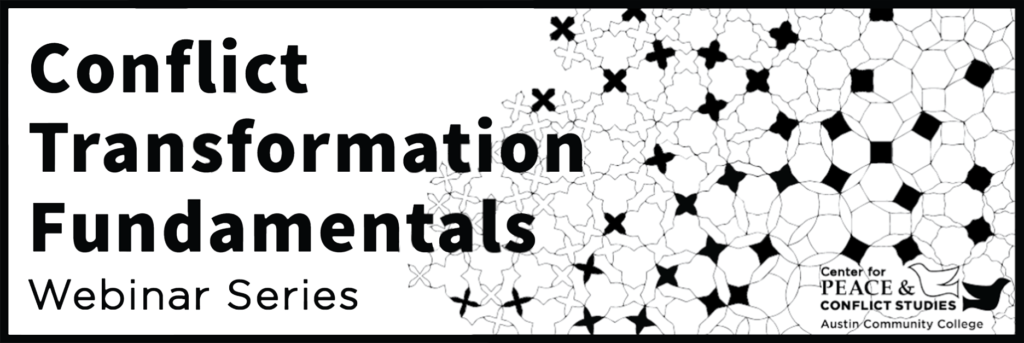Among the words used thus far to describe 2020, there are two that capture it well: tense and illuminating. As our values as a society are brought into question, what we are being asked as individuals is inherently uncomfortable. For better or for worse, these questions of who we are and what we think seem inescapable. As we attempt to reflect on not only on our own behavior, but extend the conversation to our families, our friends, our neighbors, and our leaders, it won’t take long to reach someone (if that someone isn’t also us to begin with) who has already raised their walls and entered a moral fight-or-flight mode—challenges to our values create a visceral discomfort so strong that is hard to set aside, analyze, or (if you can imagine!) eventually appreciate this discomfort. Instead, it can be easier to protect ourselves, lash out, or dig deeper into the ground where future challenges to our ideals cannot affect us so strongly again. We are in daily conflict not only with those of opposing values, but with ourselves and our own prejudices, decisions, and actions.
The scope and importance of this conflict requires that we understand how to handle human communication in a way that sets an example for those seeking leadership and more so, in a way that recognizes our own stress in undergoing this process of unlearning, relearning, and changing our view of the world and our behavior in it.

As an excellent first step in addressing the skills our new moral environment demands, The Center for Peace & Conflict Studies has invited the ACC community to join in a 5-part webinar series, co-facilitated by Charlotte Gullick, Dr. Shirin Khosropour, and Dr. Grant Potts. Together, attendees will be discussing conflict resolution from both the intrapersonal and interpersonal perspectives and discovering essential skills for effective communication.
Each session will focus on a different topic, ranging from the role of conflict in basic human needs (Session 1 on June 11th) to problem solving itself (Session 5 on July 30th). If you are unable to attend or wish to keep the conversation going after your session, there will also be a moderated blog offered on ACC’s Center for Peace & Conflicts Studies website.
Registration is limited to only 20 attendants per session.
For each session attended, you can receive 1.5 hours of PD credit.
To learn more about session dates, times, topics, and registration, visit:
https://instruction.austincc.edu/peace-conflict-studies/events/conflict-resolution/
